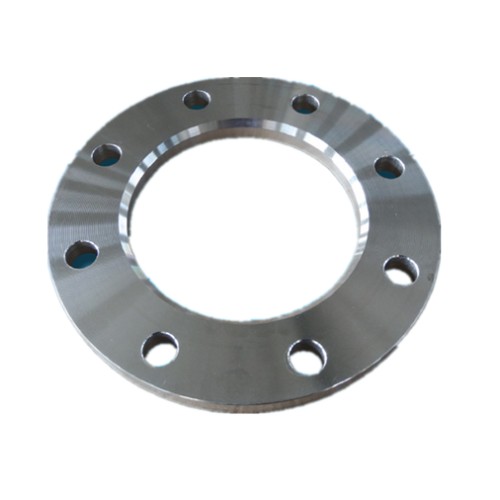Designing Efficient Lever Gate Valves for Enhanced Fluid Control and Operational Performance
Lever Gate Valves An Overview
Gate valves are essential components in various piping systems, widely used in industrial applications for their reliability and efficiency in controlling fluid flow. Among the different types of gate valves, the lever gate valve stands out due to its unique design and operation method. Lever gate valves are particularly favored in scenarios where quick and easy operation is essential.
What is a Lever Gate Valve?
A lever gate valve is a type of gate valve that employs a lever mechanism to open and close the valve. This valve is constructed with two main parts the body and the gate. The gate, which is a flat metal disc, is raised or lowered using a lever that is connected to the valve's stem. This mechanism allows the valve to provide a straight-through flow path when fully open, minimizing pressure drop and turbulence.
Working Principle
The operation of a lever gate valve is straightforward. When the lever is lifted, it raises the gate, allowing fluid to pass through. When the lever is pushed down, the gate is lowered into the flow line, effectively sealing the opening and stopping the flow of fluid. This on/off control is ideal for isolation purposes in systems where full flow is needed when the valve is open.
The lever mechanism offers greater mechanical advantage compared to traditional handwheels, enabling operators to open and close the valve with less physical effort. This feature is particularly beneficial in high-pressure applications where a standard hand-operated valve might require excessive force to operate.
Applications and Advantages
yaosheng lever gate valve

Lever gate valves are widely used in various industries, including water treatment, oil and gas, chemical processing, and food and beverage manufacturing. Their unique advantages include
1. Quick Operation The lever mechanism allows for rapid opening and closing of the valve, making it suitable for operations that require frequent adjustments. 2. Reduced Space Requirements Lever gate valves generally have a smaller footprint compared to equivalent gate valves operated by a handwheel, making them advantageous in space-constrained environments. 3. Minimal Pressure Drop Like traditional gate valves, lever gate valves offer a straight-line flow path when open, leading to minimal pressure loss and increased efficiency.
4. Durability Constructed from robust materials, these valves are capable of withstanding harsh operating conditions, providing longevity and reliability in service.
5. Ease of Maintenance The design of lever gate valves simplifies maintenance procedures, allowing for easy access to internal components without requiring extensive disassembly.
Considerations
While lever gate valves present numerous benefits, it is essential to consider the operating environment when selecting a valve type. For applications involving high-frequency cycling, alternative valve types such as ball or butterfly valves may provide more suitability. Additionally, care must be taken to ensure that the lever mechanism and associated components are adequately maintained to prevent mechanical failure.
Conclusion
Lever gate valves represent a practical solution for fluid control in various industries, emphasizing simplicity, efficiency, and quick operation. Their unique lever mechanism not only enhances operator convenience but also contributes to overall system performance. As technology progresses and industries evolve, the role of lever gate valves will continue to be vital in ensuring effective fluid management and operational integrity. Whether in a manufacturing facility or a municipal water supply system, the lever gate valve remains a trusted choice for engineers and operators alike.
-
The Key to Fluid Control: Exploring the Advantages of Ball Valves in Industrial SystemsNewsJul.09,2025
-
The Versatile World of 1, 2, and 3 Piece Ball ValvesNewsJul.09,2025
-
Stainless Steel Ball Valves: The Ideal Choice for Efficient Flow ControlNewsJul.09,2025
-
Optimizing Fluid Control with Ball Float ValvesNewsJul.09,2025
-
Manual Gate Valves: Essential for Control and EfficiencyNewsJul.09,2025
-
Everything You Need to Know About Butterfly ValvesNewsJul.09,2025
-
The Versatility of Wafer Type Butterfly ValvesNewsJul.08,2025




